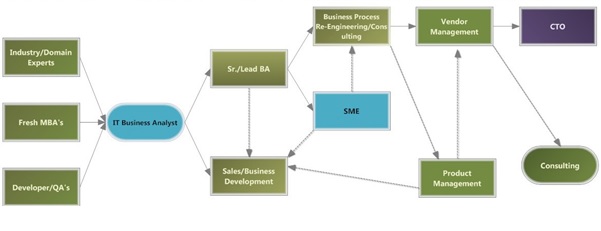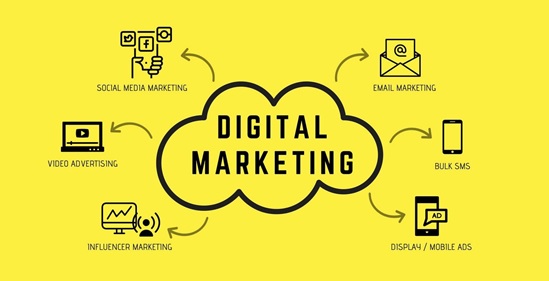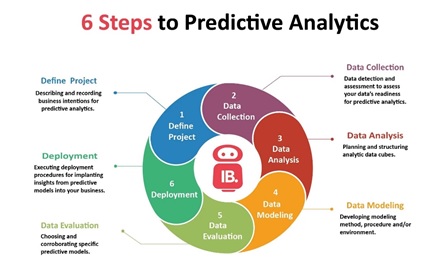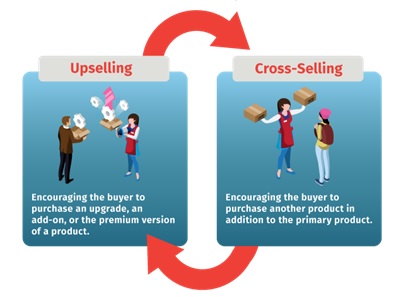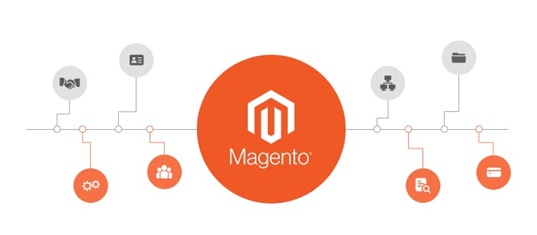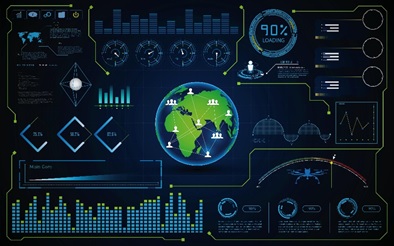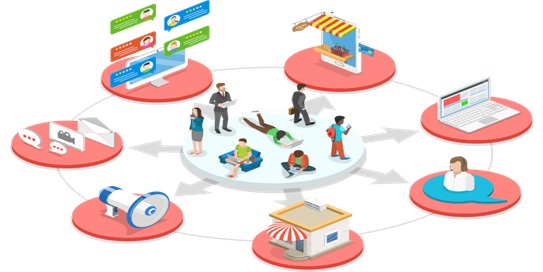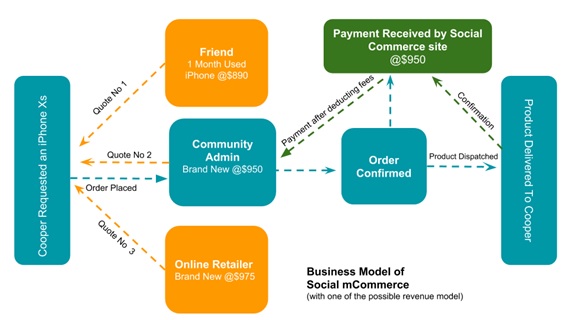Ecommerce CRM as Software to Enhance for Business Performance
There are many advantages to using a CRM system for your operations. First of all, timelier and more precise customer tracking opens up valuable opportunities for cross-selling and upselling. [1] The better you understand your clients’ purchasing habits, the higher your average order value is going to be.
CRM systems might be quite pricey, but in the long run, they’re actually going to save you money and lots of time. Modern CRMs are all about the automation of internal and external processes like emails, invoicing, reporting, and financial forecasting. Instead of doing all these things manually, you can create smart workflows that are triggered once you or your customers perform certain actions. Figure 1 shows the eCommerce CRM integration.
Marketing Automation is a big bonus of using a CRM solution, especially if it’s linked to your eCommerce platform. You can potentially run basket abandonment emails, and automatically update purchase history data into your CRM, this allows you to stay on top of customer behavior and send highly targeted and relevant sales and marketing email campaigns.
CRM is a tool that allows retailers to interact with their customers by collecting huge volumes of data about them and, therefore, to personalize messages. [2] Properly leveraging the benefits of CRM solves a range of business problems while saving time and money.
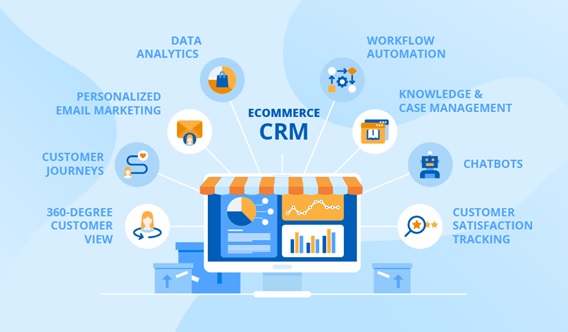
Figure 1. eCommerce CRM integration
CRM is especially important for ecommerce, as it compensates for the lack of daily face-to-face contact with customers. Making the right conclusions from the collected data, the retailer will adapt its marketing to the customers’ tastes, habits, and expectations. All such information is a multitool for increasing revenue.
Simply stated, CRM software for eCommerce helps to drive sales. An effective platform displays the customer journey, allowing you to collect, analyze, and use user data to increase profits.
CRM represents Customer Relationship Management. [3] A CRM system is a software suite to help deal with the cooperation between your store and clients. It’s an integral asset intended to save time and encourage correspondence, offering your clients significant level services and instinctive answers for the difficulties they face while shopping.
A list of the mill CRM system incorporates the accompanying:
- Contact database
- Technical support option
- Marketing tools
- Organizational tools for your support group
CRM software is of two types:
- SaaS solutions or “boxed” solutions. When buying and installing such systems, you do not need to hire your own in-house developers. You just need to purchase a ready-made solution and adapt it to the needs of your business through extensions and third-party integrations.
- Open-source CRM systems that allow you to create CRM specifically for your needs, customizing all processes. Such software often requires the assistance of experienced eCommerce solution partners. But at the same time, they will close all the necessary requests much more accurately.
There are three main types of CRM: Operational, Analytical, and Collaborative. Operational CRMs use sales, marketing, and service automation to streamline business growth. Analytical CRMs focus on gathering and analyzing customer data to improve their experience. Collaborative CRMs facilitate information sharing between various business units, such as the sales, marketing, technical and support teams.
References:
- https://www.yieldify.com/blog/ecommerce-crm-software-tools/
- https://www.builderfly.com/what-is-beneficial-in-crm-and-ecommerce-integration/
- https://www.mavenecommerce.com/2020/08/27/crm-software-for-ecommerce/
Cite this article:
Vinotha D (2021), Ecommerce CRM as Software to Enhance For Business Performance, AnaTechMaz, pp. 7


